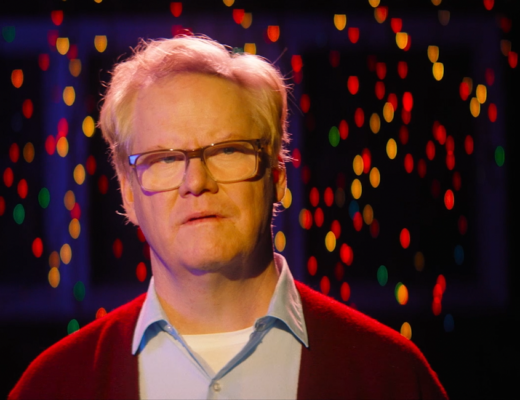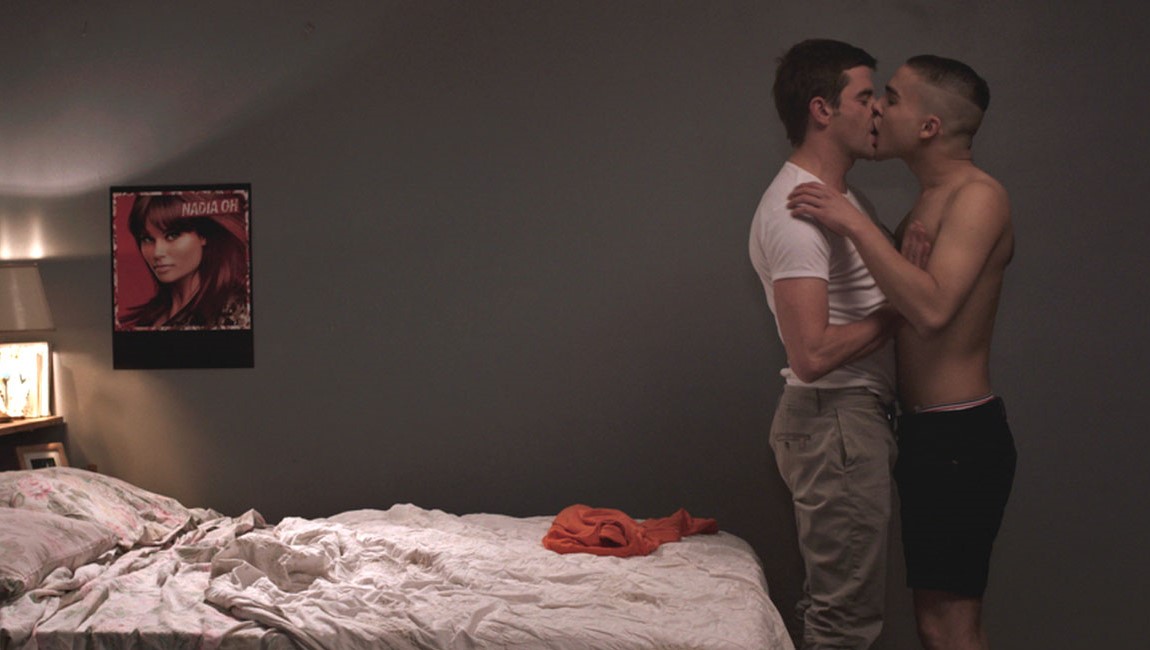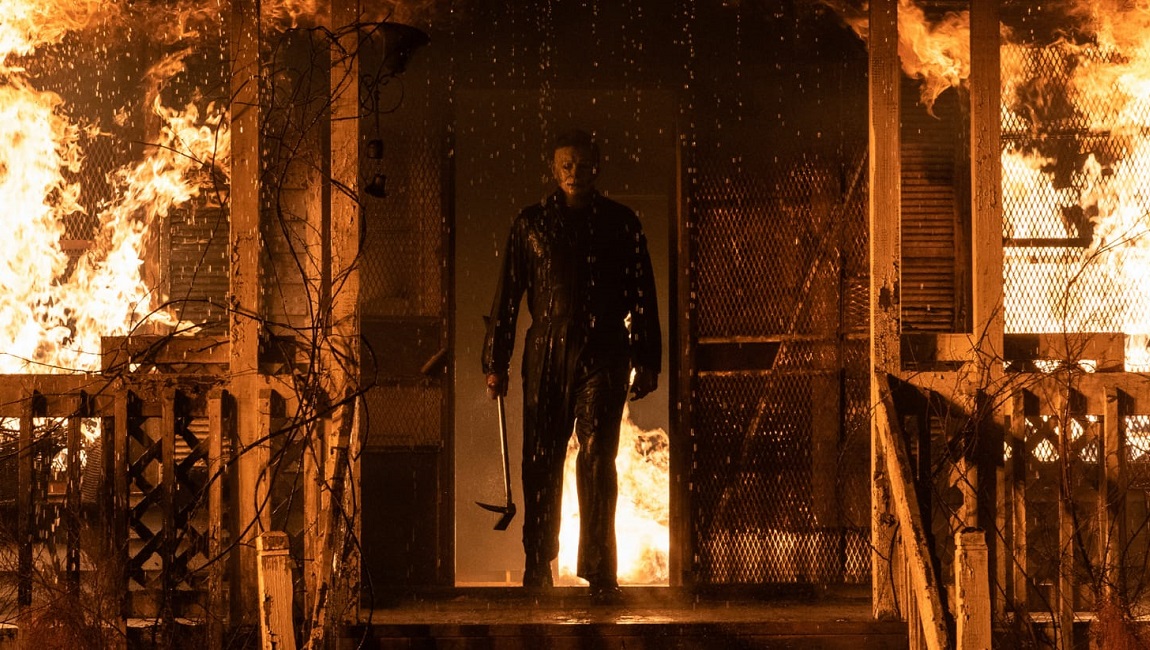Coming from the world of short fiction, Juja Dobrachkous made her debut as a feature film director with Bebia, à mon seul désir at the most recent IFFR, and now brings the film to the latest edition of MoMA and Film at Lincoln Center’s prestigious New Directors/New Films festival. One can almost immediately see what attracted the festival’s curatorial team to Bebia, this film bearing a remarkable, stark visual aesthetic from its opening moments, an impressively considered widescreen canvas in crisp black and white. It’s an imposing aesthetic, deftly rendered by Dobrachkous and her cinematographer Veronika Solovyeva, that at times recalls more established contemporary arthouse filmmakers like Nuri Bilge Ceylan and Paweł Pawlikowski rather credibly (some quick internet research suggests Dobrachkous has been involved with the industry for nearly as long in other capacities, seemingly production design for Sergey Livnev in the ’90). Yet, Bebia is frustrating too, the height of its formal accomplishments contrasted sharply with a woefully simple script that reflects very little of the thought and attention apparent in Dobrachkous’ visual composition.
As implied by the black and white palette, Bebia is a film that wants to contend with extreme binaries, reckoning with gender roles, urbanity and rusticity, commercialism and tradition, life and death… The film’s title character has passed on by the time the story opens, her death the impetus for her granddaughter (and the film’s protagonist) Ariadna (Anastasia Davidson) to return to the Georgian village where she was raised. Through flashback we learn of the abuse and degradation Ariadna experienced under Bebia’s (Guliko Gurgenidze) guardianship, cruel projections of internalized misogyny that would eventually drive Ariadna to flee the countryside in pursuit of a modeling career. Nevertheless, she returns home to grieve only to find that her grandmother’s death is not only complicated by traumatic memory, but by a traditional obligation forced on to Ariadna as Bebia’s youngest descendant, requiring her to tether a string between the deathbed of the deceased and her final resting place — a 25 km distance that must be covered on foot. Various motivations ensure that Ariadna keeps to this journey, which, of course, is as much about her own catharsis as it is spiritual fulfillment, but it’s one that becomes easy to lose interest in once its clear that Dobrachkous isn’t really interested in investigating her characters’ interiorities. Instead, the writer-director seems to get hung up on the superficialities of these dynamics, often taking the narrative towards miserablism and catering to an outsider’s conception of life in rural Georgia (Dobrachkous herself is Russian and based in London). This incuriosity isn’t apparent in the patient rhythm of Dobrachkous’ edits — really refreshing to encounter a new director who’s good about holding their shots — nor the precisely framed, expertly scaled landscape shots (where the Ceylan comparison comes in) threaded through dreary exposition and tired metaphor. There are other neat visual ideas at play here (directionality especially — the aspect ratio favors horizontally-oriented shots that are brought into conflict with those conceived on a vertical), and when taken in total they suggest a significant vision, but it’s one that isn’t particularly well matched by the ideas in the writing.
Published as part of New Directors/New Films 2021 — Dispatch 3.







